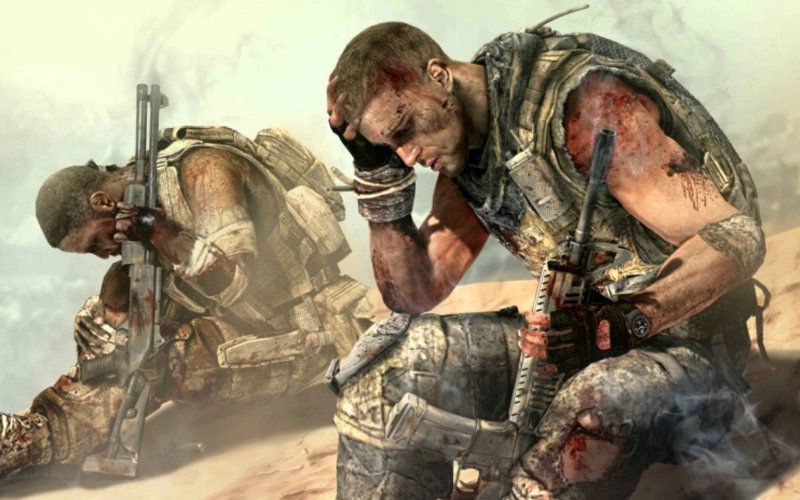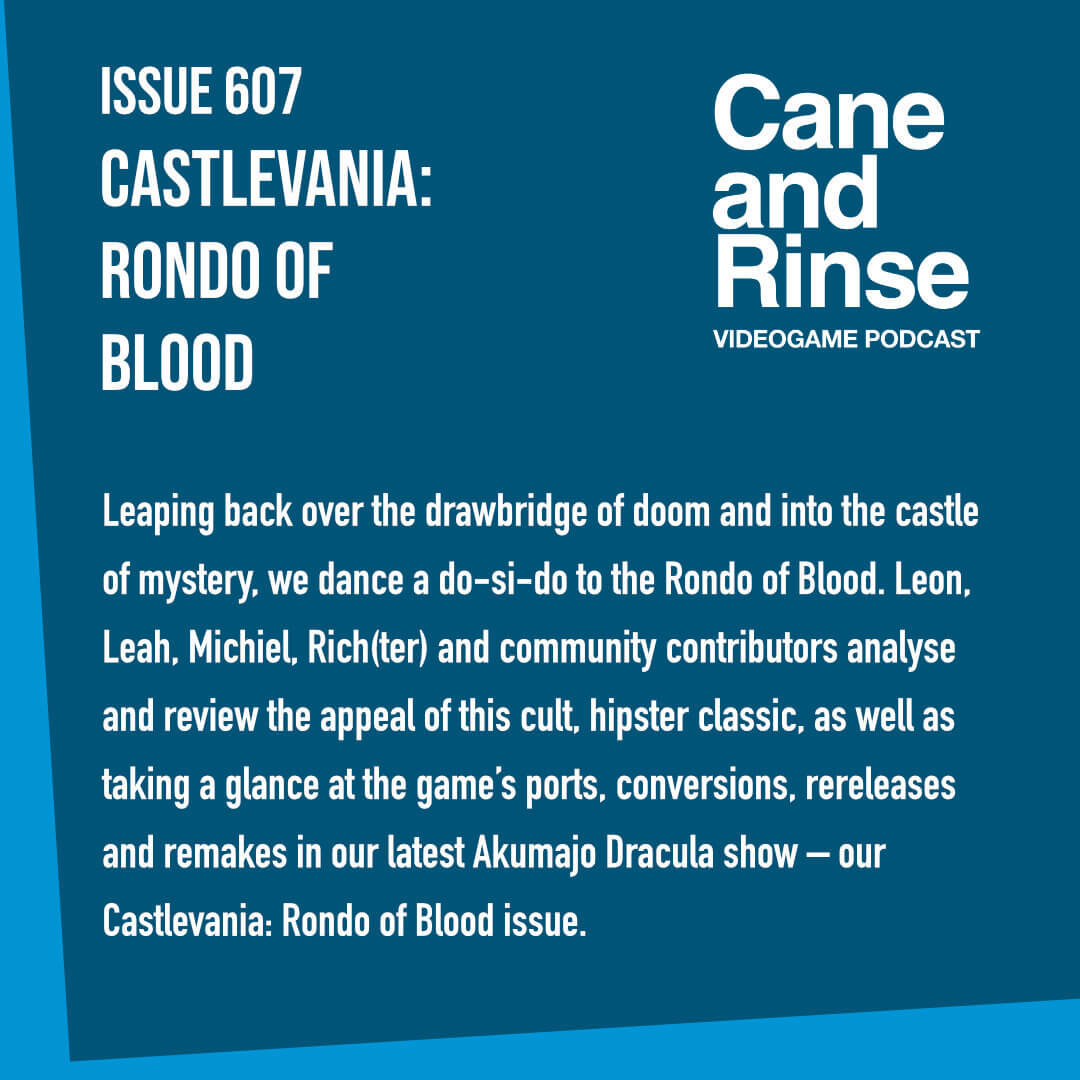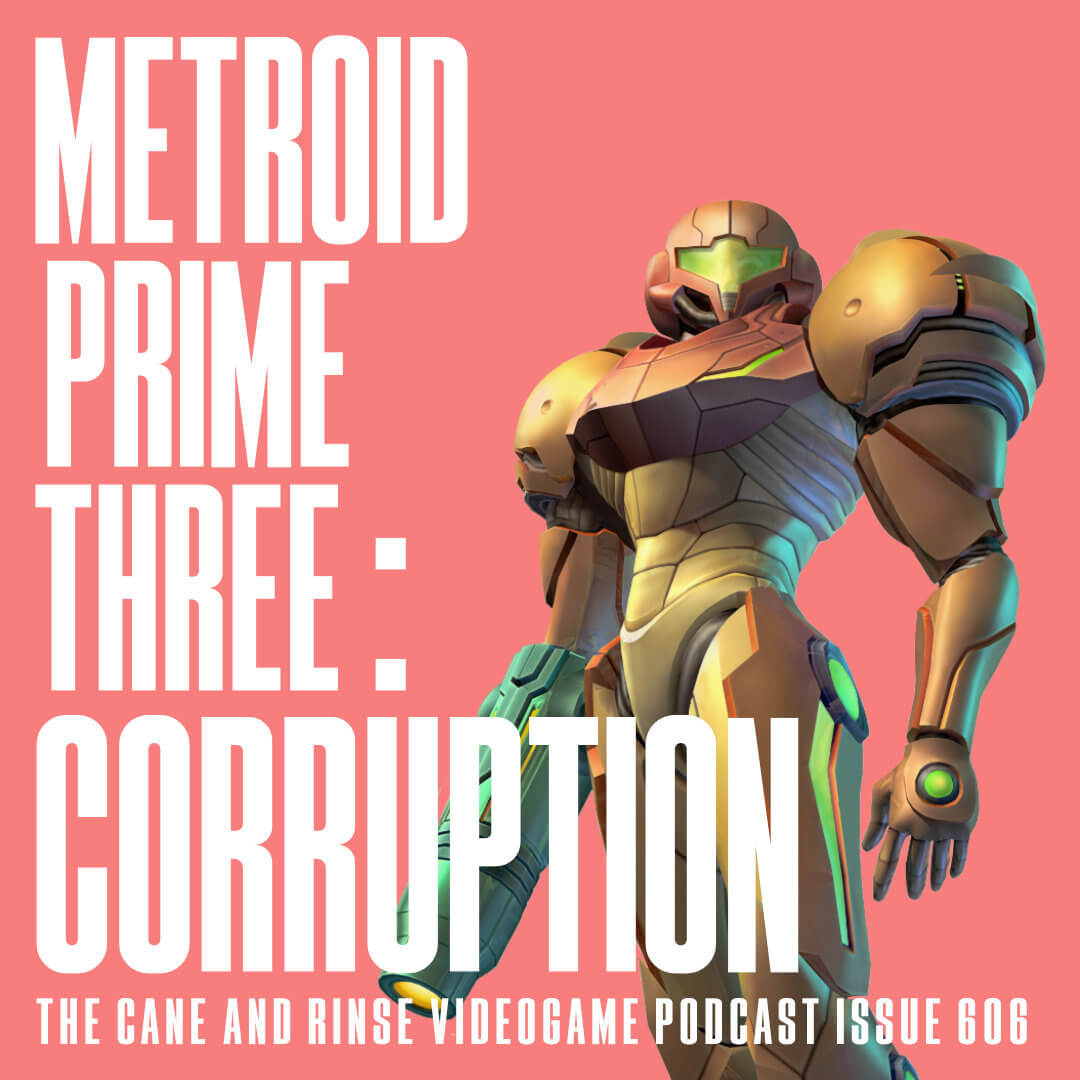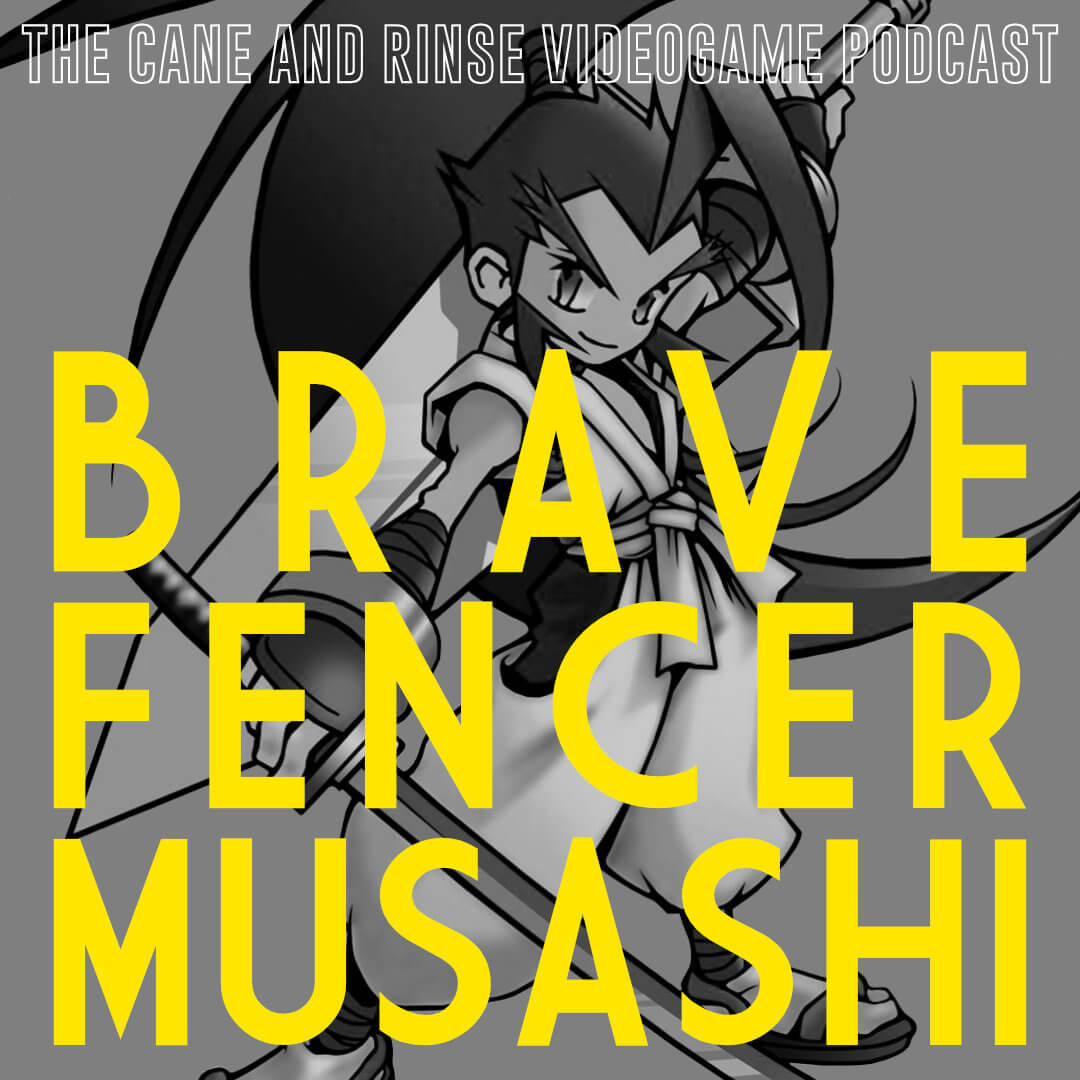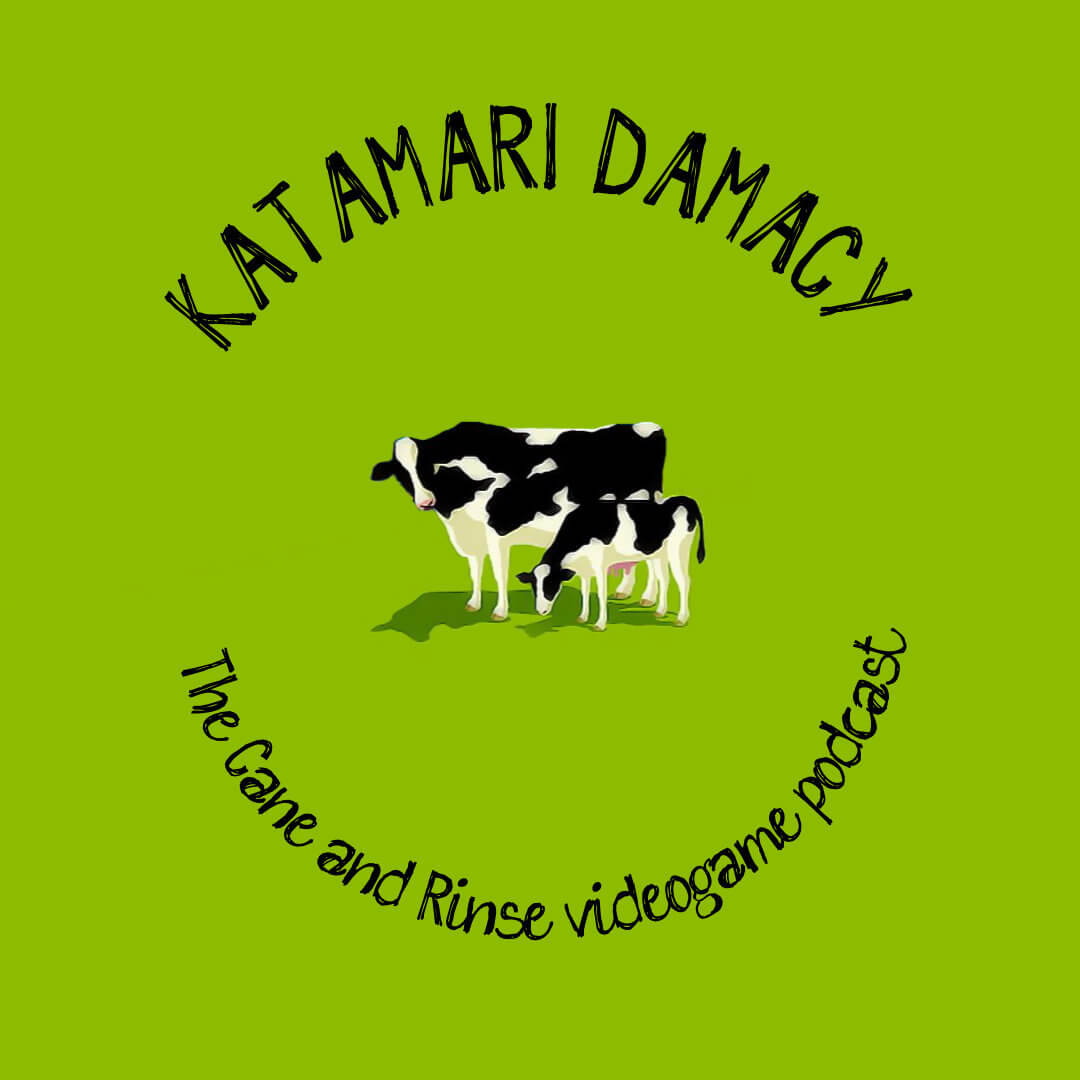Jacob Geller analyses the lasting impact of Yager’s traumatic third-person shooter, Spec Ops: The Line.
It’s been five years since Spec Ops: The Line released.
Soon after it make its opening waves, I started writing a piece for a friend’s local zine about the game. My angle was how it got in your head, the way the game made you the ‘just following orders’ protagonist as he burned civilians alive, killed American soldiers, and destroyed water supplies.
This wasn’t a unique take, and, as I soon realized, it was also far too disturbing content for a high school activist publication. Five years on, I remember the set-pieces of the game: the burning Burj Khalifa, the helicopter crash, the white phosphorus. But it was an incidental moment of gameplay, an accident in the heat of battle, that’s cemented itself in my brain half a decade later.
Spec Ops made me into a killer, and it didn’t care.
Let’s back up a bit. Spec Ops: The Line received a huge amount of attention shortly after release, when people realized that past the generic military-veneer lay a pretty scathing critique of modern military games.
The main character, a shaved head with a gun and some combat boots, insists on carrying out a series of war crimes for the sake of the greater good.
You, the player, go along with these ill-conceived plans because, for the most part, you have no choice. It’s a linear game.
In the white phosphorus scene, a drone-bombing segment culminates in the incineration of a bunker full of refugees. It drives home a couple of the game’s theses: war is hell, and any videogame that paints war as anything but hell is doing it a gross disservice.
It’s an important point. It’s also, forgive me, a little on the nose.
As the game slow-zooms on the burnt husk of a mother holding her child (see why I couldn’t write about this in a high school zine?), it actually lessens my feeling of responsibility.
The game was designed to have you do this. There’s a cut-scene highlighting it. If I, as a player, wasn’t able to do anything except this horrific act, it feels a little less horrific that I carried it out.
Maybe this is part of the game’s plan too; since I was just following the orders of the gameplay, I was complicit in the slaughter of its digital citizens and yet don’t feel responsible for it, just as the hundreds of real-life soldiers who claimed they were ‘just following orders’ have said.
Honestly, I don’t think this is the case though. Spec Ops wants you to feel this moment in your gut. It wants waves of guilt to wash over you as you contemplate what you’ve done.
Spec Ops actually gave me this gut-check hours earlier though, and it did so entirely without fanfare.
Soon after entering Dubai, there’s a battle amidst a tent city of sorts. Precious belongings from dozens of different families litter the ground.
Most of the population has already fled from the sounds gunfire, and now there’s just a deadly maze of ambushes from enemy combatants. Pinned down by gunfire and unable to move forward, I snuck around a corner and-
I’ve played many games where shooting civilians is allowed, or even encouraged. Modern Warfare 2’s controversial No Russian level had you mowing down people in line at an airport.
Open-world titles like GTA or inFAMOUS give you the option to massacre digital denizens of their respective cities.
What I’m saying is, I’ve killed my share of innocent bystanders. It’s part of the language of violence videogames communicate in.
So when a scared woman in a hijab ran out from behind a tent and I instinctively pulled the trigger, it shouldn’t really have been a unique experience. And yet, that’s the moment from Spec Ops: The Line that sticks with me.
There’s a tweet from the aggressively political comedian Hari Kondabolu that I’ve thought about almost every day for the past several months.
There are moments in Spec Ops: The Line that have concrete consequences for the protagonist. He’s bruised, bloodied, and burned by the time he shambles into the conclusion.
This murder though; there was no consequence for this. No one ever reflects on the woman he killed among the tents, the squad never finds out, the loading screens never throw it back in your face with pithy quotes. This accidental casualty, the soldiers would probably say, is just part of the job.
And unlike the white phosphorus, this truly was my fault. The game didn’t force my hand one bit; I misread a situation and an innocent person died. And it was quick, and it was easy, and in the larger context of the game it meant nothing.
There’s a temptation to make moral choices big things in games. Everything else comes to a halt, as the game presents you with a binary decision: do you give the people the food, or save it for yourself? Do you rescue the school bus, or push it into a river of acid?
After the decision, the game reacts. Maybe that school bus had a really neat new outfit, and the kids give you it as a reward. Morality is ‘gamified’, made easily digestible and karmically perfect so it’ll fit with the rest of the game’s systems. This isn’t how real life works, let alone during the terrors of war.
Spec Ops didn’t treat my murder like that. Instead, this digital civilian was given the same respect as one of the breakable bottles littering the tables of the tent city. And I think the reason this moment has stuck in my head for so long comes from the fear that war could actually do this to a human being.
To dehumanize one’s enemies so effectively that death isn’t even meaningful anymore. For the ten seconds that my encounter with that woman took place, Spec Ops seemed to dare me to stop feeling, to become completely desensitized. In fact, this is a real loading screen “tip” from later in the game:
Spec Ops: The Line taunted me with the fact that war in gaming is often little more than a toy, something to play with and then forget. So far, I haven’t been able to do that second part.
More of Jacob Geller’s work can be found on his blog at thirteenthcolossus.wordpress.com, or on his twitter @yacobg42

